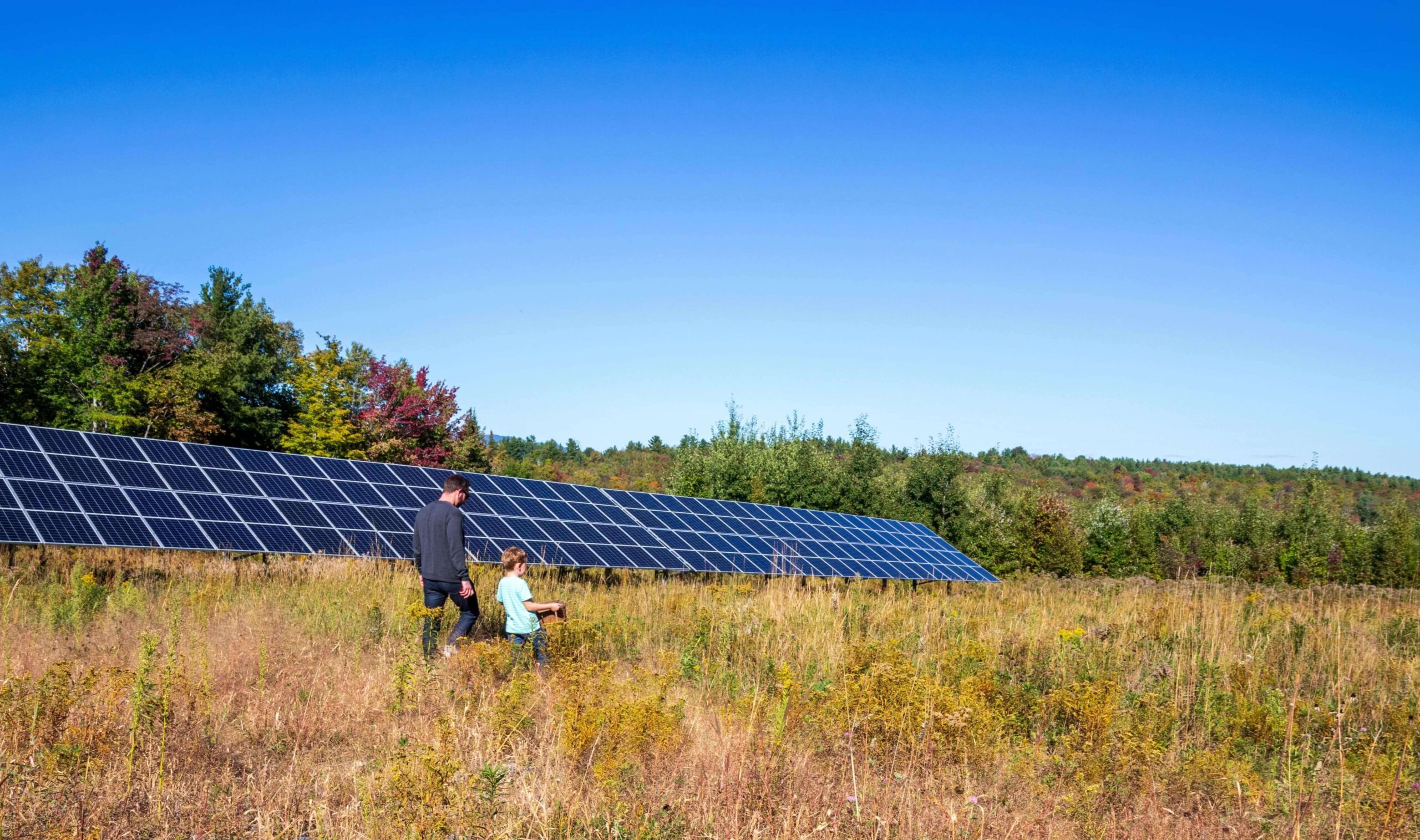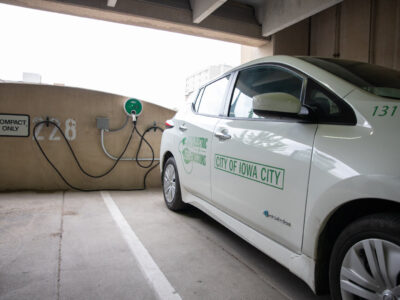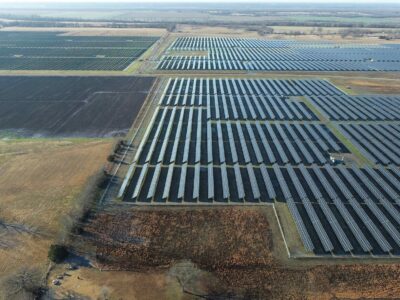“Shortly after crossing the Piscataqua River, there’s a sign on the passenger side of I-95 that reads: ‘MAINE, Welcome Home,’” wrote Blake Keogh, a graduate student at the University of Southern Maine from South Portland who also serves as an instructor at Synnott Mountain Guides. In an opinion piece published on CentralMaine.com, he explained what the sign meant to him: “The roadside reminder felt like both a soothing salve at the end of long travel and a subtle call to our collective responsibilities: if you consider this place home — permanently or temporarily — you better take good care of it. It’s through the lens of that simple highway sign that one of Maine’s longest-tenured senators should consider the current budget reconciliation bill.”
In May, the U.S. House passed its version of the budget reconciliation bill. Keogh pointed to the Maine Center for Economic Policy’s estimate that, in its current form, the bill would strip away over $400 million in federal funding from Maine alone, equating to nearly half a billion dollars in lost state GDP and 4,000 lost jobs. He posited that these losses would disproportionately hurt those living in rural areas of the state.
Many of these losses will be felt in the clean energy industry, as the House axed tax credits that have benefited the state since 2021. “Mainers have consistently demonstrated clean energy grit through community-scale projects like the 1.5 MW wind turbines on Vinalhaven, the 1 MW solar array in Dover-Foxcroft, and the 7.3 MW solar project in Kennebec County,” Keogh illustrated. The latter, Longroad Energy’s Three Corners Solar project, has invested $63 million into the state and local economies and generates approximately $8 million in property taxes for local communities.
As the Senate prepares its version, Keogh noted, “The reconciliation bill currently sitting on Sen. Collins’ desk threatens the funding that makes these types of projects — and Maine’s energy resilience —possible.” As of May, according to the E2 and the Clean Economy Tracker, factory and project cancellations nationally have totalled $15.5 billion since January, equating to nearly 12,000 lost jobs. More than $9 billion and 10,000 jobs had been set for Republican-held districts.
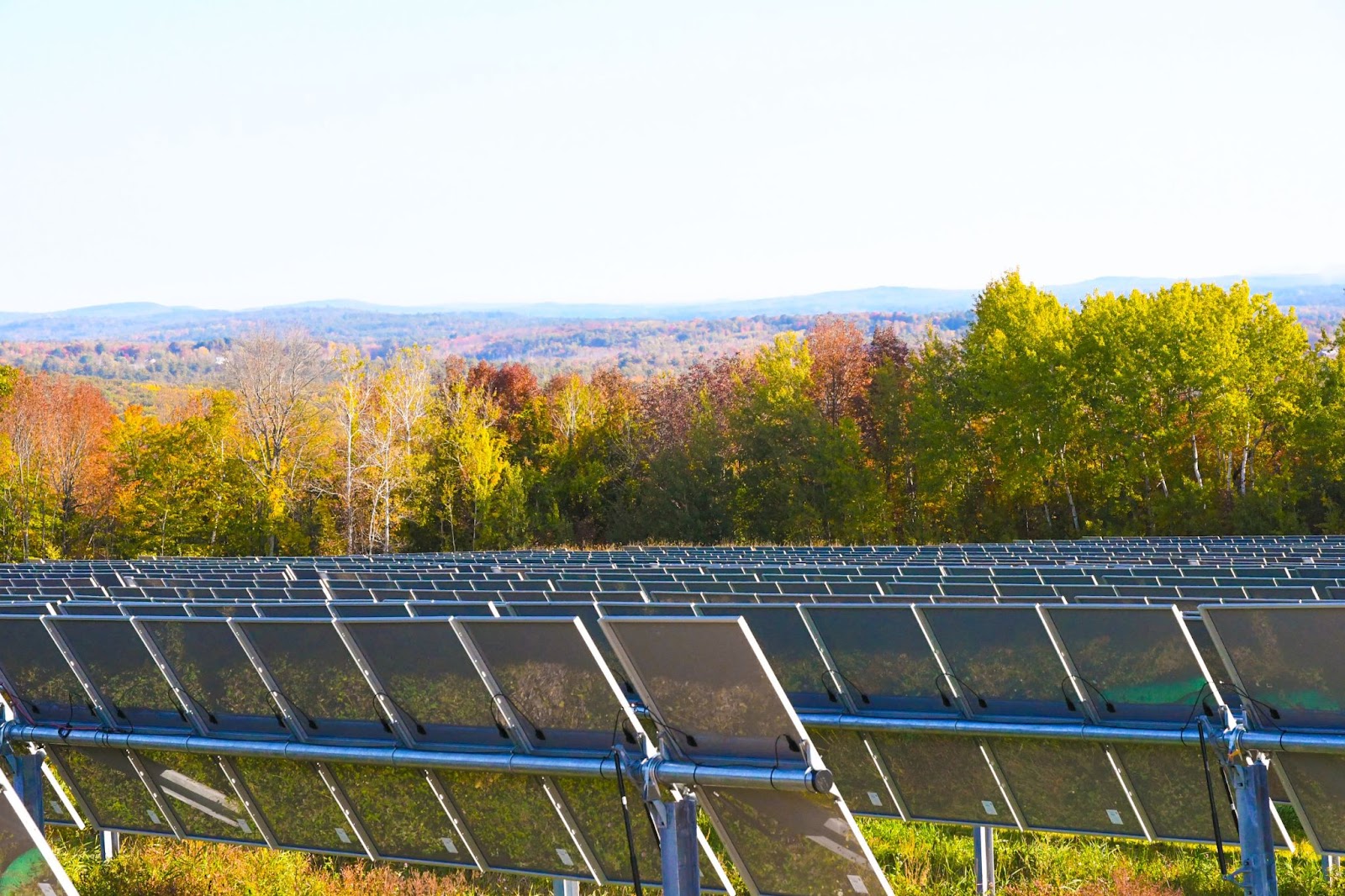
Photo Courtesy Longroad Energy Management, LLC
Keogh elaborated on the tax credits’ positive impact on the state: “Mainers in the Kennebec Valley, the Highlands, and Downeast have reaped substantial benefits from the intersection of clean energy investment and sustainable outdoor economies.”
He highlighted the Section 25C Energy Efficient Home Improvement Credit, which subsidizes home energy audits, building envelope components, and energy systems including air conditioners, biomass boilers and stoves, and heat pumps. The $2,000 credit for heat pumps has contributed to Maine’s heat pump success, he claimed, “Maine has led the nation in heat pump adoption, already surpassing its goal of 100,000 installations by 2025 and setting a new target of 275,000 by 2027.” However, the House bill would repeal this tax credit after 2025. “Eliminating it now would undermine hard-won momentum toward energy affordability and independence,” Keogh reacted.
Keogh also emphasized the growth of Maine’s clean energy economy over the past several years. According to The Maine Monitor, in Somerset County, clean energy employment has grown 44% since 2020. Notably, the county is home to Kennebec Valley Community College, which has a heat pump training lab that has worked with more than 300 students since its launch in 2021.
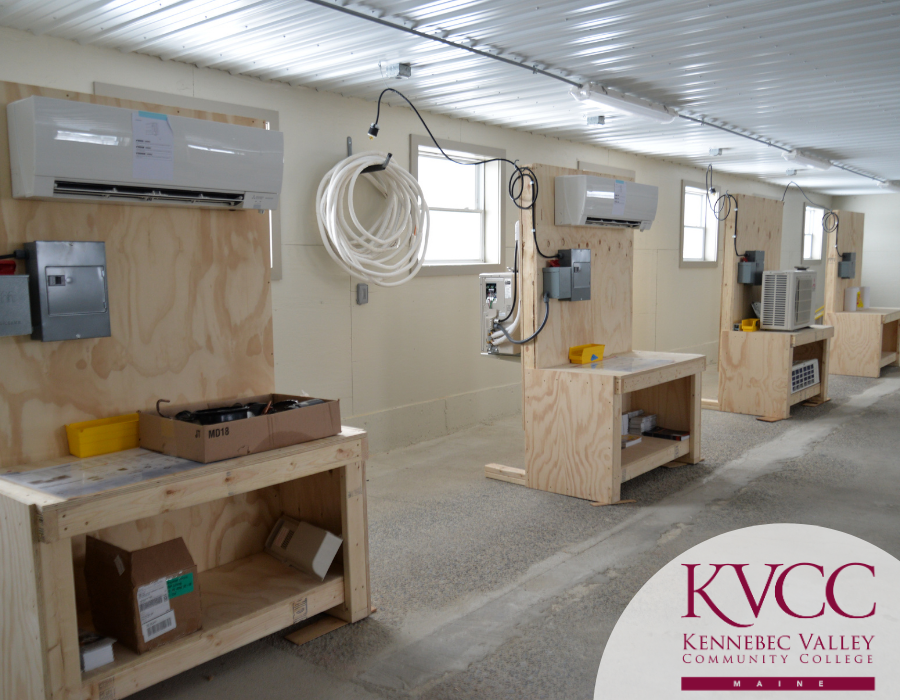
Photo Courtesy KVCC Kennebec Valley Community College
“These are the homes, families, and communities that Sen. Collins should be thinking about,” Keogh concluded. “Sen. Collins should vote ‘no’ on — or demand major changes to — the current budget reconciliation bill.”

Photo Courtesy Governor Janet Mills

